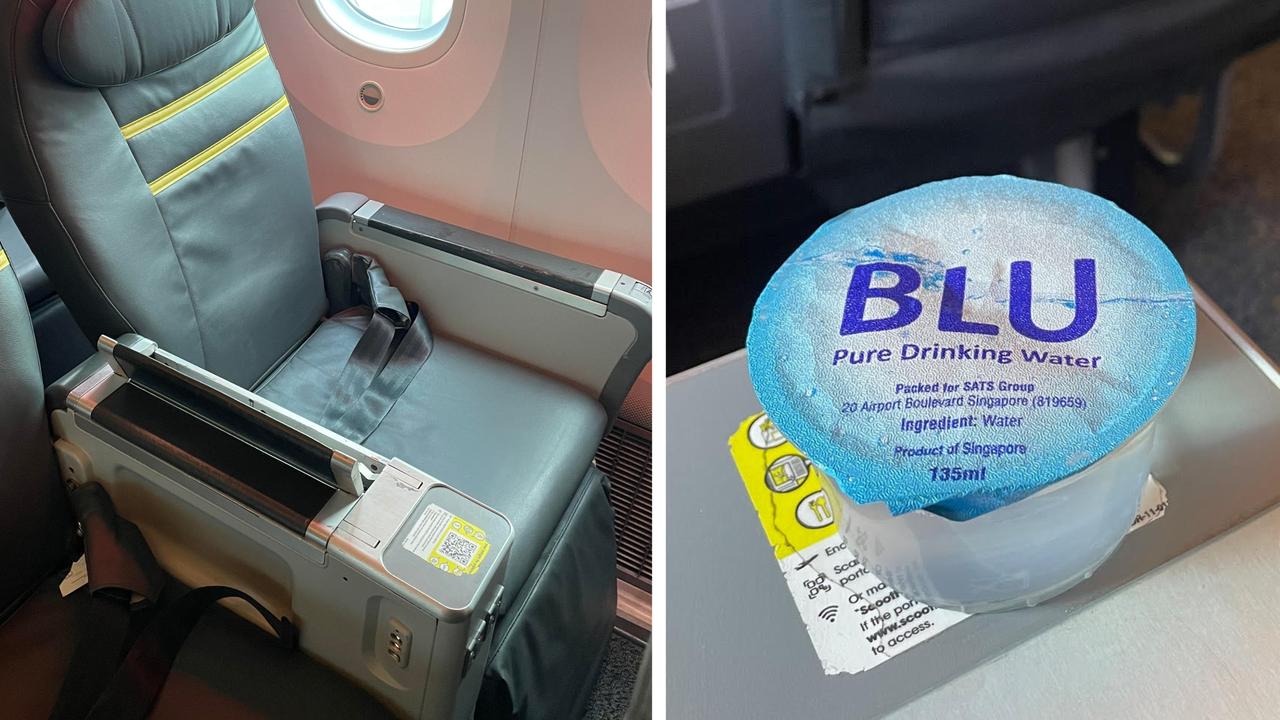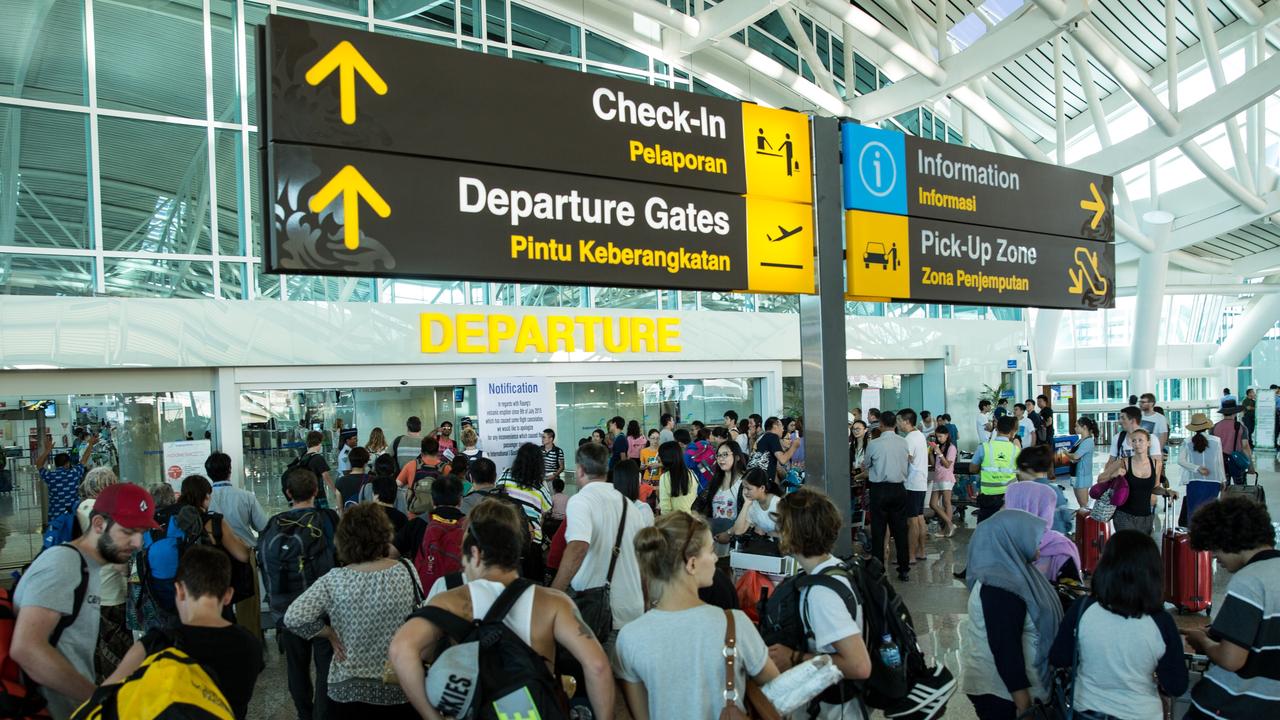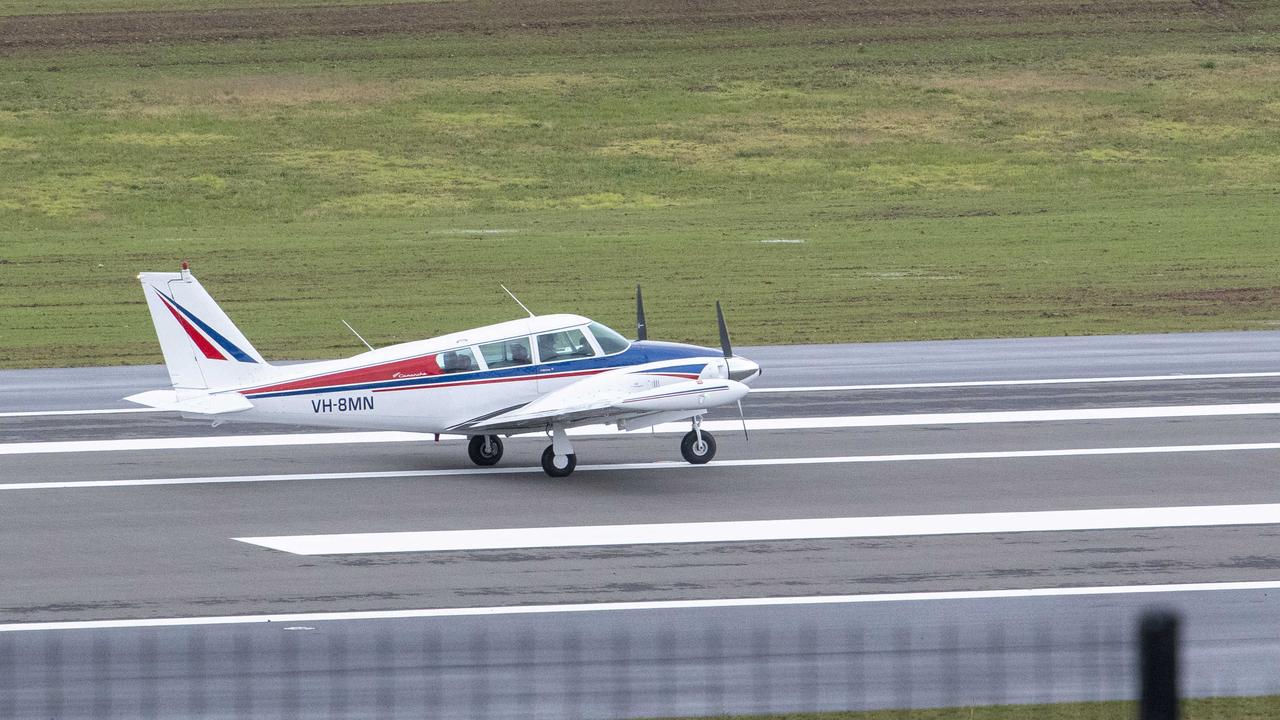Airports, airlines warn of lengthy delays and chaos if vaccine passport technology not perfected
Aussies hoping to get overseas next month will face massive queues and chaos at the airport, unless something drastic changes, experts warn.
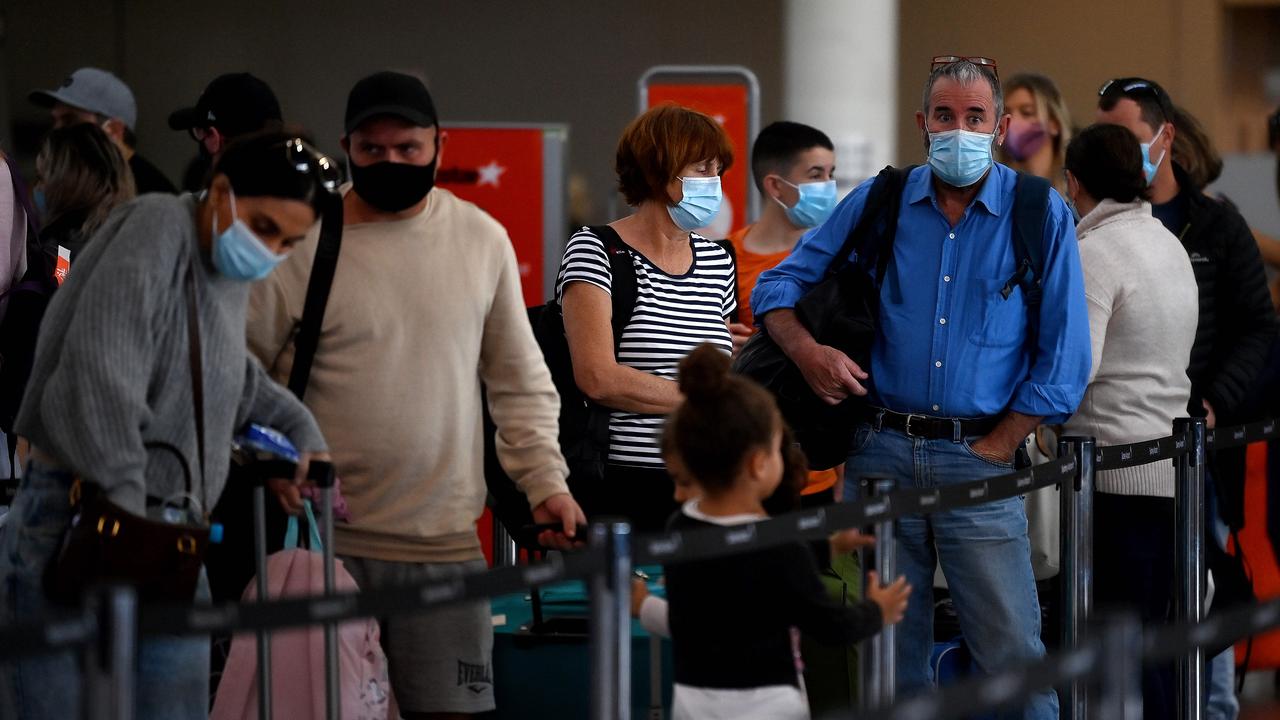
Aussies hoping to get overseas next month could face chaos at the airport as experts warn the technology behind an international vaccine passport scheme is yet to be perfected.
Prime Minister Scott Morrison last week announced the long-hated international travel ban would be gone by November, 20 months after its inception in March 2020.
As the nation races towards fully vaccinating 80 per cent of its population, a milestone expected to be hit early next month, Mr Morrison said it was time to “give Australians their lives back”.
However airlines and global travel bodies have warned international travel would be riddled with “confusion and chaos” unless a number of issues with the reopening plan are ironed out.
The International Air Transport Association (IATA), the world’s peak airline body, called for an end to the “wildly inconsistent” rules around vaccination at a travel conference in the US this week.
“Travel restrictions are a complex and confusing web of rules with very little consistency among them. And there is little evidence to support ongoing border restrictions and the economic havoc they create,” IATA’s Director General Willie Walsh said at the conference, as reported by The Australian.
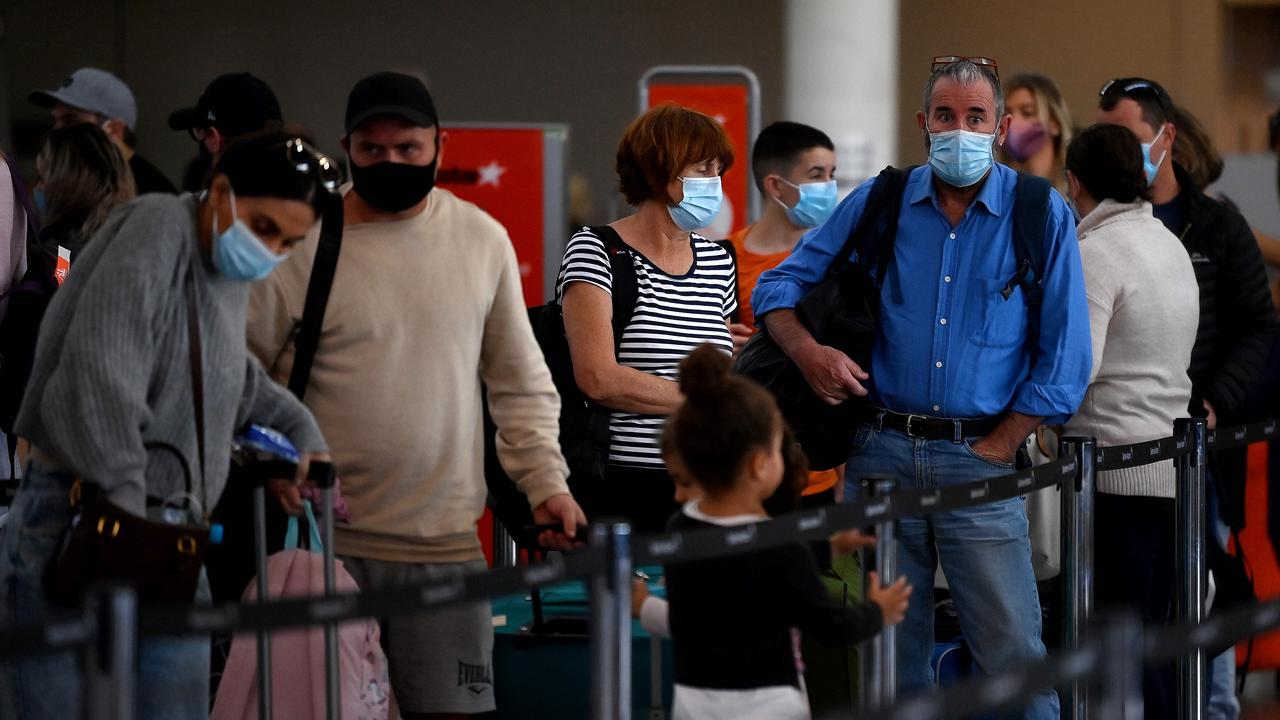
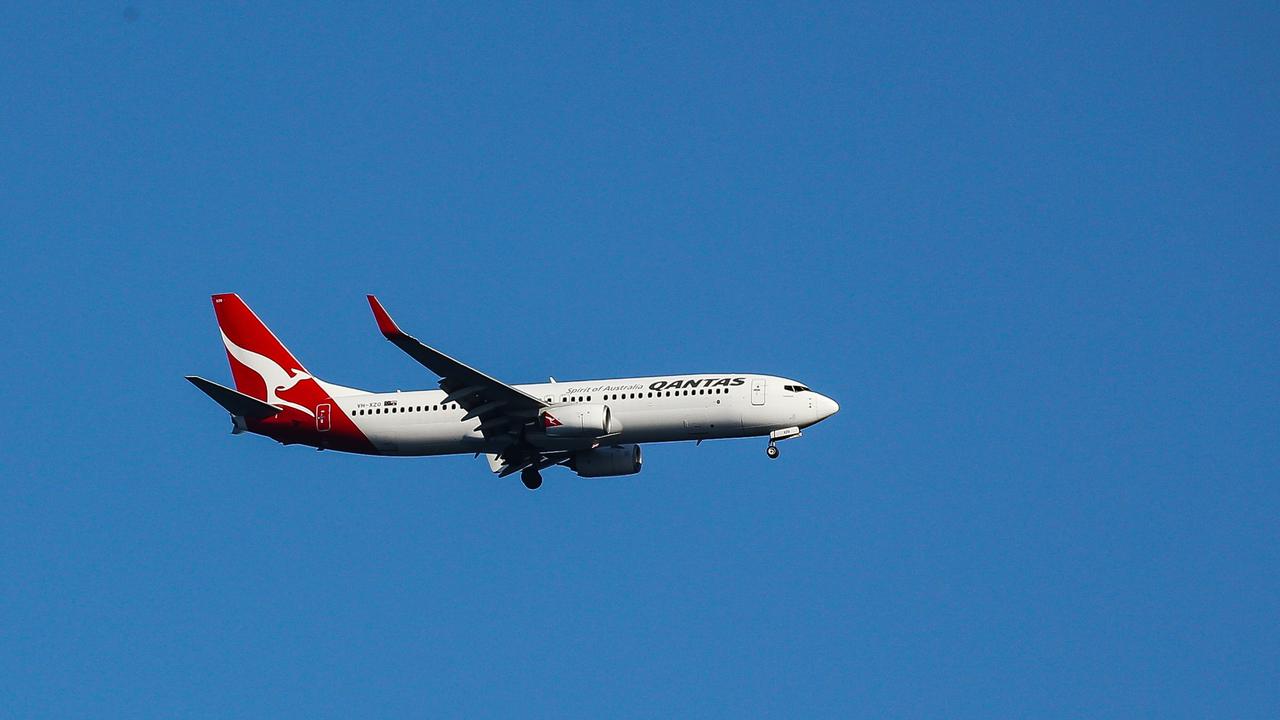
Mr Walsh also called for vaccine mandates to drop - especially in domestic markets.
“We don’t see any reason to mandate vaccines in domestic markets because you’re not introducing a new risk at all,” he said.
IATA Deputy Director General Conrad Clifford said people would be waiting in airports for a long time unless “process efficiency” was fixed.
“Unless process efficiency improves, the average time could increase to eight hours, bringing travel to a standstill,” he predicted.
Airlines, including Qantas, are rapidly working with the IATA to develop an international vaccine passport before next month.
The IATA Travel Pass will be a secure way for customers to verify their Covid test results and vaccination status to airport or border officials.
The planned app will connect customers to certified testing labs so that results can be uploaded to the platform and customers can show they have a vaccine certificate and/or proof of a negative Covid test result before their flight.
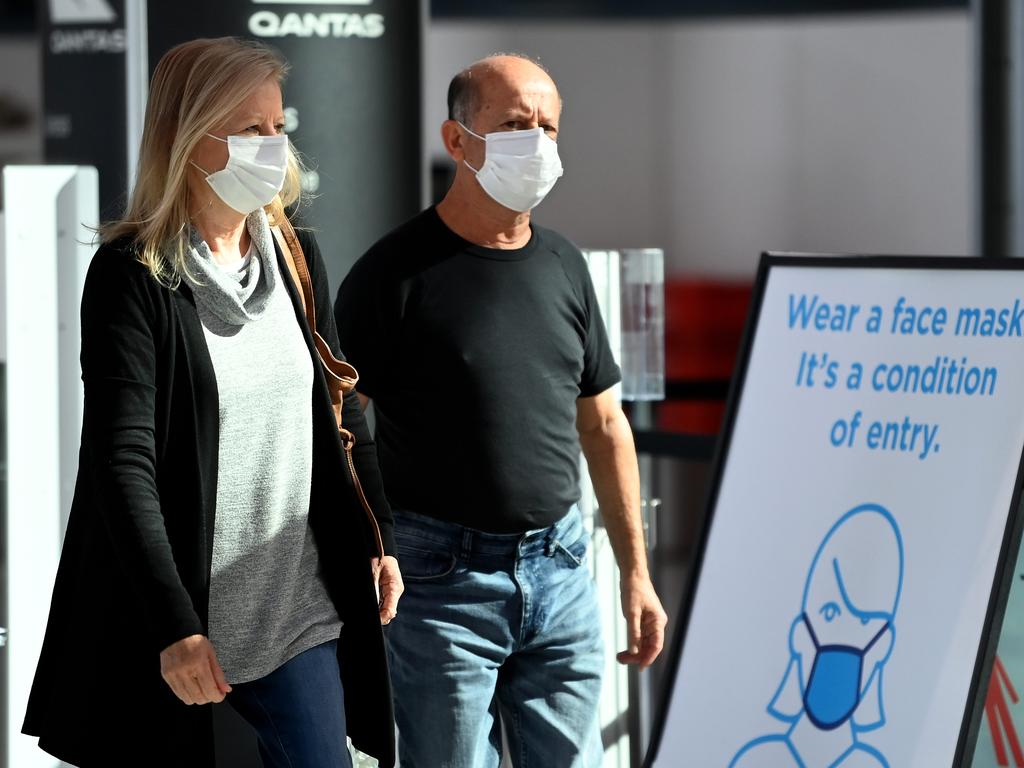
The IATA Travel Pass also matches a customer’s health information against a specific flight, checks the entry requirements for the country they are travelling to and provides clearance to travel on that flight, to both the customer and airline.
“Many governments are already requiring proof of vaccine or a negative Covid test result for international travel,” a Qantas spokeswoman said in July.
“Even if it wasn’t a government requirement, Qantas has always been a leader in safety and we have a responsibility to our customers and crew.
The calls for smoother processing at airports come as international airlines warn there’s still a large amount of uncertainty around Australia’s reopening plan.
Board of Airline Representatives of Australia (BARA) executive director Barry Abrams told Newscorp Australia they were still waiting for clarification on some issues.
“There is no facility in the global ticketing system to determine what bookings come from unvaccinated travellers, as opposed to vaccinated,” Mr Abrams said.
“The difficulty airlines have is that if they sell 200 seats for a flight, they may have to inform some of those people upon check-in that they’re not eligible to fly if they’re restricted to, say, 20 unvaccinated passengers.”
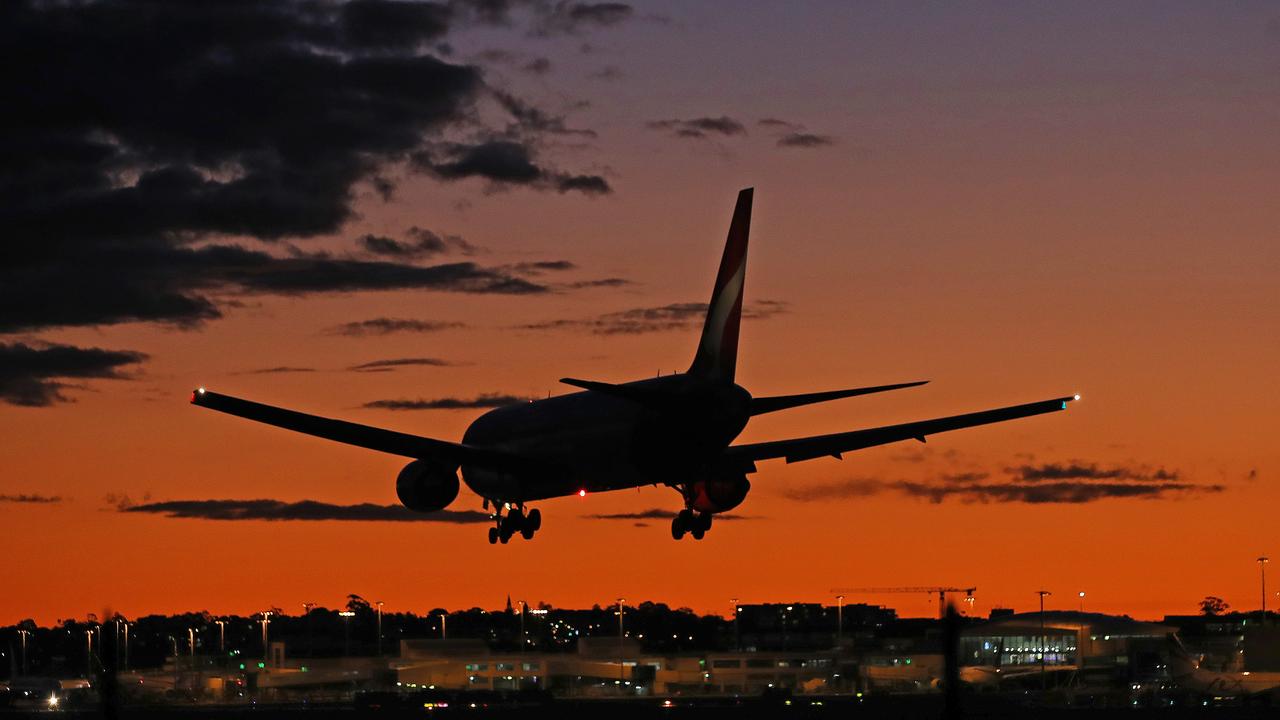
Flight Centre boss Graham Turner told news.com.au that things would likely “get back to normal very, very quickly” once Australia hits Phase C, which is 80 per cent double vaccination.
“There’s still 18 international airlines flying into Australia … they don’t all have the same seat availability they did before but once you can travel without hotel quarantine things will go back to normal,” he said.
Mr Turner predicted fares wouldn’t be “that expensive” and would likely be in line with the usual pre-Christmas rush prices.
“Everyone want to see family at this time so there’ll be a fair bit of demand because everyone wants to see their family . but I think it’ll be normal, pre-Covid, high season prices once everything comes back on the market.”




